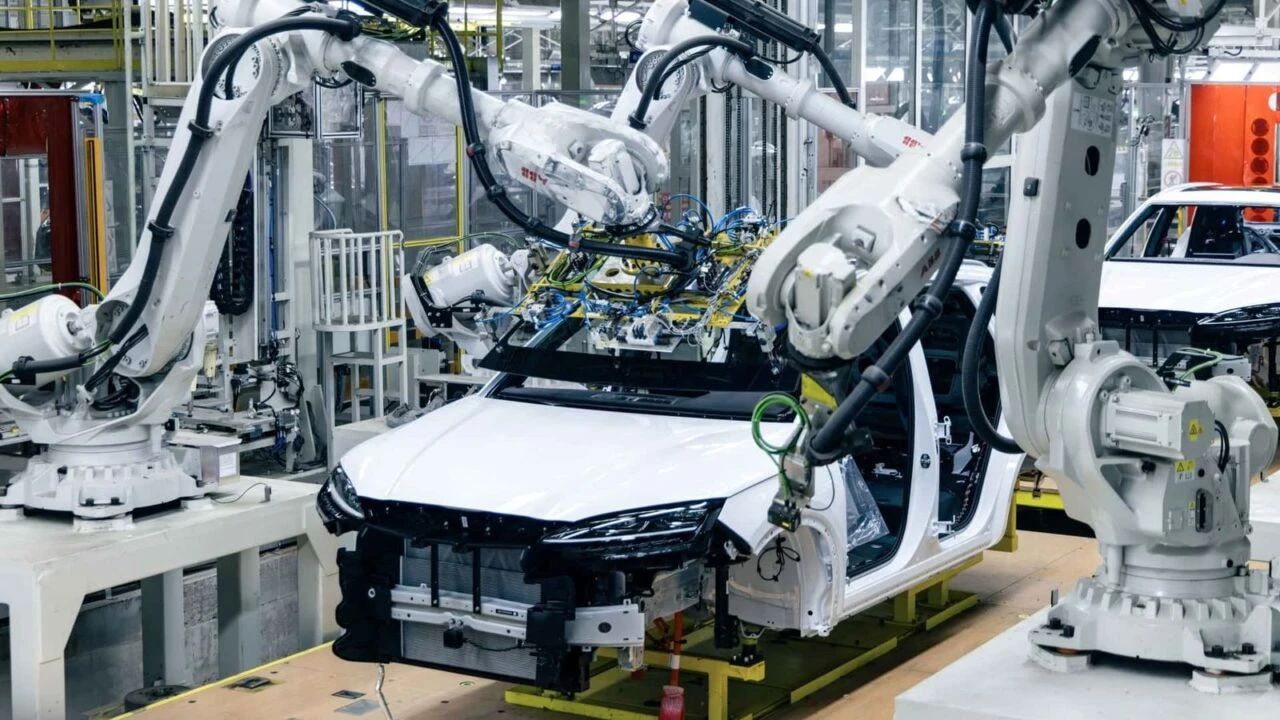
At a meeting held on July 30th, the Management Executive Committee of the Brazilian Foreign Trade Chamber (Gecex-Camex) decided to advance by a year and a half the schedule for increasing tariffs on imported electric and hybrid vehicle parts, partially in response to a request made by the National Association of Automotive Vehicle Manufacturers (Anfavea) to the government.
According to the latest decision, starting from January 2027, imported electric and hybrid vehicles in the form of parts will be subject to a 35% import tariff, which was originally set to take effect in July 2028. Additionally, Gecex-Camex also decided to grant a duty-free import quota totaling up to $463 million and lasting for six months for vehicles imported in CKD (Completely Knocked Down) and SKD (Semi-Knocked Down) forms.
The Brazilian Ministry of Development, Industry, Trade, and Services (MDIC) stated in a release that by advancing the tariff increase schedule, Gecex aims to align tariff policies more closely with the investment expectations of the Brazilian domestic automotive industry in the coming years, promote the entry of high-tech automotive technologies into the consumer market, and enhance the high-tech value of the local automotive industry chain.
There has been longstanding controversy between car manufacturers and the government on this issue. Brazilian automakers, including Volkswagen, Toyota, Stellantis (which includes brands like Fiat, Peugeot, and Jeep), and General Motors, jointly wrote to President Lula, warning that the government's potential tariff incentives for imported electric and hybrid vehicles could lead to job cuts. BYD had requested the Brazilian government to reduce tariffs on imported electric vehicles to 5% and on hybrid models to 10%. In a public statement, BYD expressed that the joint letter from foreign car companies to the president of Brazil was obstructing innovation in the Brazilian automotive industry.
